Industrial washing / Articles
Food safety: this is what companies can do to improve it
Leading companies in the food industry share a constant concern for food safety. But with ramping infectious diseases, are companies setting the right priorities?

 11 minutes of reading
11 minutes of reading
2021-12-16 17:07:06
Shortly after his appointment as director of the National Institute of Allergy and Infectious Diseases, Anthony Fauci was called before the US Congress. It was 1984 and Congress expected a presentation on the global widespread of infectious diseases. Mr. Fauci, who would go on to run the US response program to the Coronavirus pandemic, identified a single concern: the HIV virus. It was an unprecedented public health emergency that provided cover for the insidious role played by food safety in the rise of infectious diseases. A link which would remain unnoticed for several years.
In 2017, a more globalized world faced new diseases and pathogens, such as H1N1 influenza, SARS, West Nile virus, Ebola and Zika. Immunologists rushed to update the map Mr. Fauci had submitted almost 40 years earlier. Experts counseled public and private decision-makers on the need to anticipate, detect and manage new and re-emerging infectious diseases. And several public figures - from Bill Gates to actor Charlie Sheen- warned about the risk of a pandemic of devastating consequences years before it happened.
Despite these important contributions, little had changed until Covid-19. And as the world turned its attention to the fight against Coronavirus, the global number of other infectious diseases continued to spreadwith deadly speed and silence. But this time, there is a growing awareness about food safety and its impact on public health.
What is food safety?
Food safety is the set of practices implemented in a company with the purpose of preventing food contamination that may affect the health of consumers. For example, inspection, verification, audit and health checks on the entire production chain are tools available for companies to improve food safety.
Food safety is essential in combating the spread of infectious diseases. Restaurants, hotels, hospitals, pharmaceuticals, retailers, food catering and processing companies can implement measures to detect and prevent the spread of food-borne diseases.
5 C’s of food safety: simple rules with powerful impact
There’s a simple framework that’s been helping professionals and food businesses for years: the 5 C’s. Think of them as everyday habits that, when done right, can make all the difference between safe food and serious risk.
1. Check: look closer, always
Expired doesn’t just mean a few days late. One bad batch can throw your whole system off. Always check the use-by dates, especially for high-risk foods like dairy, meat or ready meals. But go beyond the label: inspect the packaging too. A dented tin, a broken seal, or signs of spoilage are all red flags.
2. Chill: cold chain, no compromise
Food that should be cold, must stay cold. Sounds obvious, but a surprisingly high number of contamination cases start with improper chilling. Keep storage below 5°C, and don’t let food linger at room temperature for too long, especially after cooking. The rule? Cool it fast, chill it right, and never interrupt the cold chain. Fridges and freezers are only useful if they’re doing their job. Check temperatures regularly and don’t overcrowd.
3. Clean: more than just soap and water
Surfaces, utensils, and especially hands need regular and thorough sanitising, before, during, and after food prep. Think of every touchpoint: chopping boards, cloths, knives, handles. If they’ve touched raw food, they need a reset before the next task. And let’s not forget the hidden culprits: sponges, cloths and scrubbers are bacteria magnets if not disinfected often. If it’s used daily, it should be cleaned daily too.
4. Cook: heat is your safety net
Food needs to hit the right internal temperature (typically 75°C or higher) to kill harmful bacteria. That beautiful sear on the outside doesn’t mean much if the centre’s still risky. Keep hot food hot (above 63°C) if it’s not being served immediately and avoid reheating more than once. Each reheat is another opportunity for bacteria to regroup, and that’s not a risk worth taking.
5. Cross contamination: where mistakes multiply
Cross contamination happens when bacteria from raw food get transferred to cooked or ready-to-eat items, via hands, knives, chopping boards, or even aprons. Use colour-coded tools. Store raw and cooked foods on different shelves. And remember the workflow. Your kitchen layout should make the safe choice the easy one.
What is the impact of inadequate food safety?
When food safety cracks, the consequences ripple far and wide.
Expensive recalls that could have been avoided
A single contaminated batch can set off a chain reaction: halted production lines, urgent recalls, legal implications, and loss of inventory. On average, a recall costs food companies around $10 million in direct costs alone. And that doesn’t include the hidden expenses, like investigating the cause, rebuilding consumer confidence, or compensating partners.
Damaged reputation and lost trust
Reputation is one of the hardest things to rebuild once it's been compromised. After a recall, 1 in 5 consumers say they would stop buying from that brand altogether. It only takes one incident to shift public perception. For some businesses, that shift is irreversible.
Real human costs
Food safety failures affect real people, every single day. Over 1.8 million deaths annually are linked to foodborne illnesses caused by bacteria like E. coli, Listeria, Salmonella or viruses like Norovirus. In fact, one in every ten people worldwide suffers from a food-related illness or injury each year. These are alarmingly common events, and often preventable.
Wasted resources and environmental harm
Every contaminated product that needs to be discarded represents a huge waste, not just of the product itself, but of all the water, energy, labour and packaging that went into making it. It’s bad for business and for the planet.
Best practices to improve food safety in your operations
When it comes to food safety, the smallest detail can make the biggest difference. These best practices help you stay ahead of contamination risks and maintain the highest hygiene standards in every part of your workflow.
1. Choose equipment that guarantees proper washing
Make sure your washing equipment is specifically designed to disinfect items that come into regular contact with food, like trays, utensils, and containers. The right machine should eliminate harmful bacteria and viruses, helping you meet safety standards consistently.
2. Match your equipment to your workload
Food processing environments have different needs depending on their scale, speed, and complexity. Choose industrial washers that are built to handle your daily volume without compromising performance. Underpowered equipment leads to shortcuts and inconsistency, both of which are dangerous in hygiene-sensitive operations.
3. Use the right materials
Your choice of materials plays a huge role in hygiene. Surfaces and tools should be non-toxic, corrosion-resistant, and easy to wash thoroughly. Avoid porous materials or those that degrade quickly, because once they start to wear, they become breeding grounds for bacteria.
4. Organise your workspace for hygiene
Good hygiene starts with smart layout. Organize your workplace in a way that makes washing faster and more efficient. Avoid clutter, separate clean and dirty zones, and make sure every surface is accessible for regular disinfection. A streamlined space is more productive and safer.
5. Rethink your detergent use
More detergent doesn’t mean better washing. In fact, overusing chemicals can cause residue buildup or damage equipment over time. Stick to the recommended amounts and choose eco-friendly products whenever possible. They’re just as effective, safer for staff, and better for the environment.
6. Check and calibrate your tools regularly
Even the best equipment needs attention. Regular calibration checks help ensure your machines are performing at the right temperature, pressure, and dosage. When tools are off by even a small margin, they can compromise the entire washing process. Build maintenance into your routine. It pays off.
7. Establish clear hygiene protocols for staff
Human error is a major source of contamination. Set strict hygiene policies: handwashing routines, proper glove usage, clean uniforms, and training refreshers. Equip your team to be the first line of defence.
Somengil, food security to all the proof
MultiWasher is our state-of-the-art solution for high-performance industrial washing. It reaches elevated temperatures that ensure proper disinfection, while using just the right amount of detergent, no more, no less. Every cycle is consistent, reliable, and aligned with the highest hygiene standards.
Want to see it in action? Book a custom webinar or reach out to our team. We’ll help you explore how MultiWasher can support your hygiene and compliance goals, efficiently and reliably.
You may also like

Industrial washing / Articles
5 key trends from Anuga 2024
We were at Anuga, one of the major fairs in the food sector worldwide. Discover the 5 main trends that will shape the upcoming years.
Posted in 2024-05-07
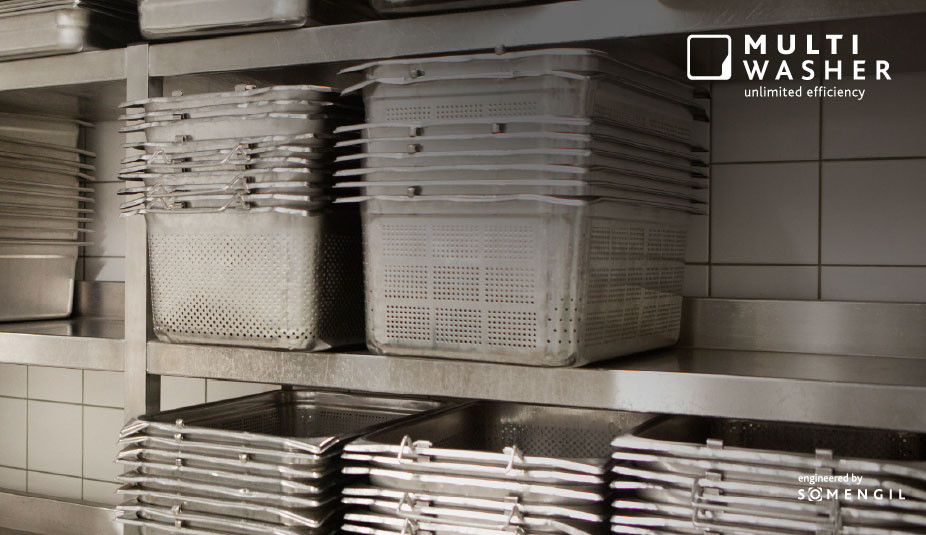
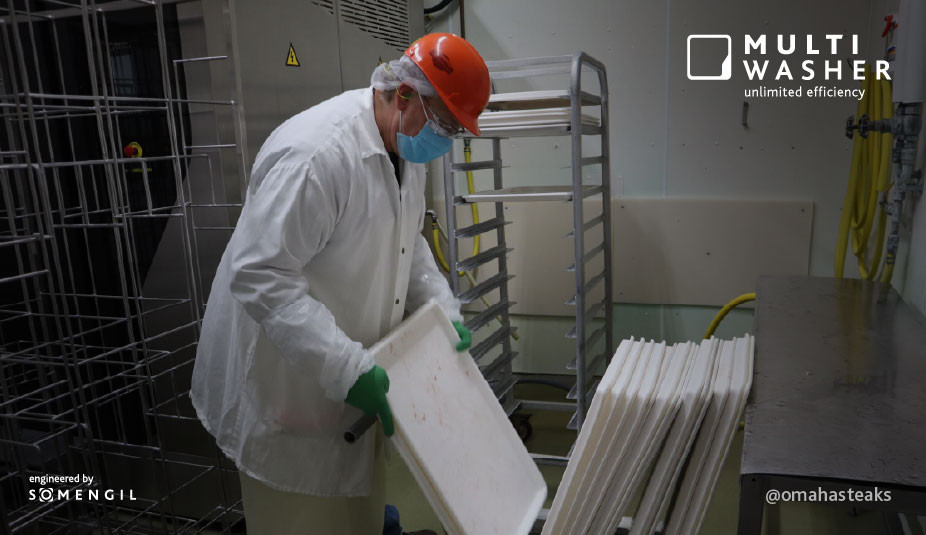
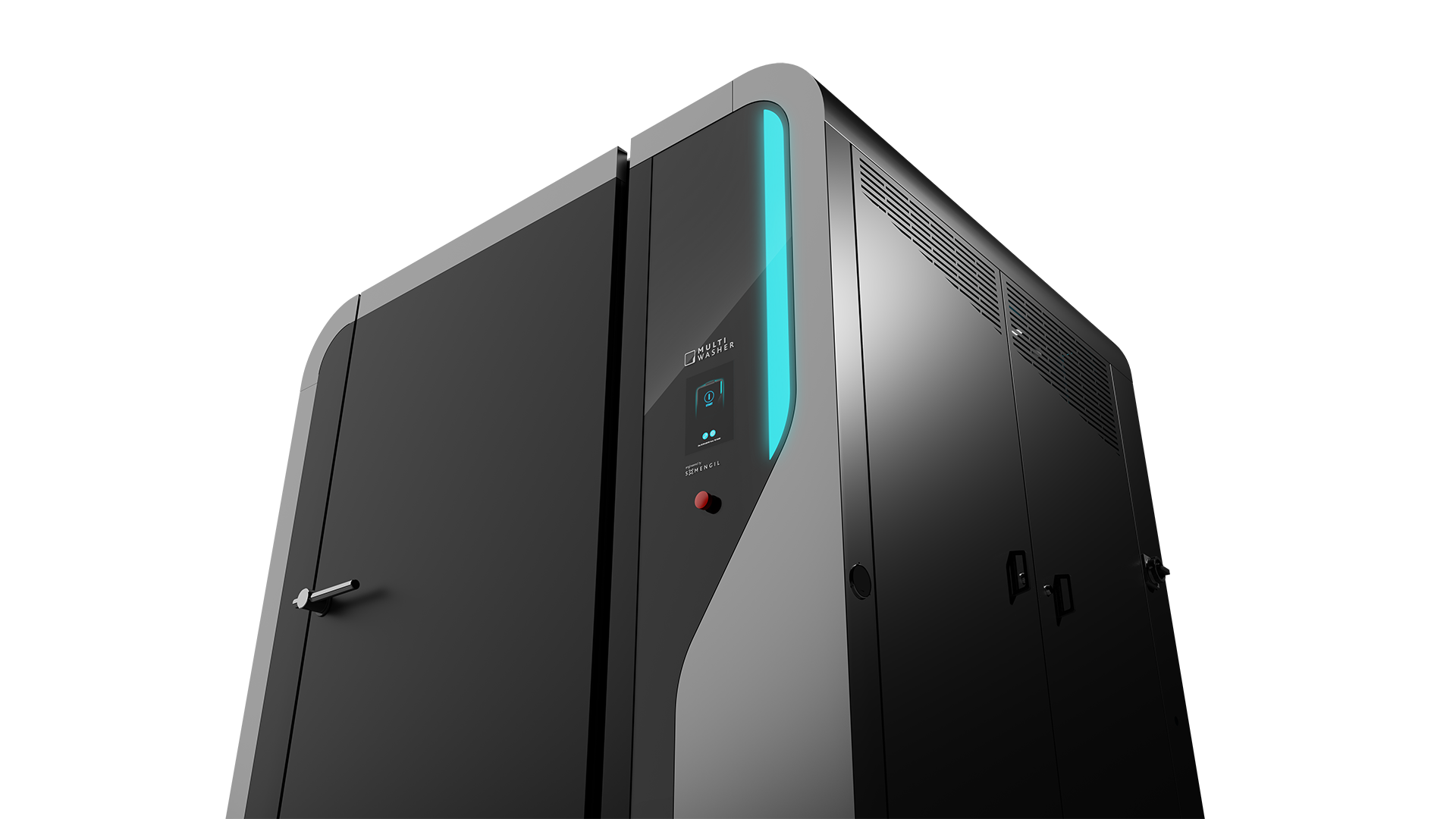
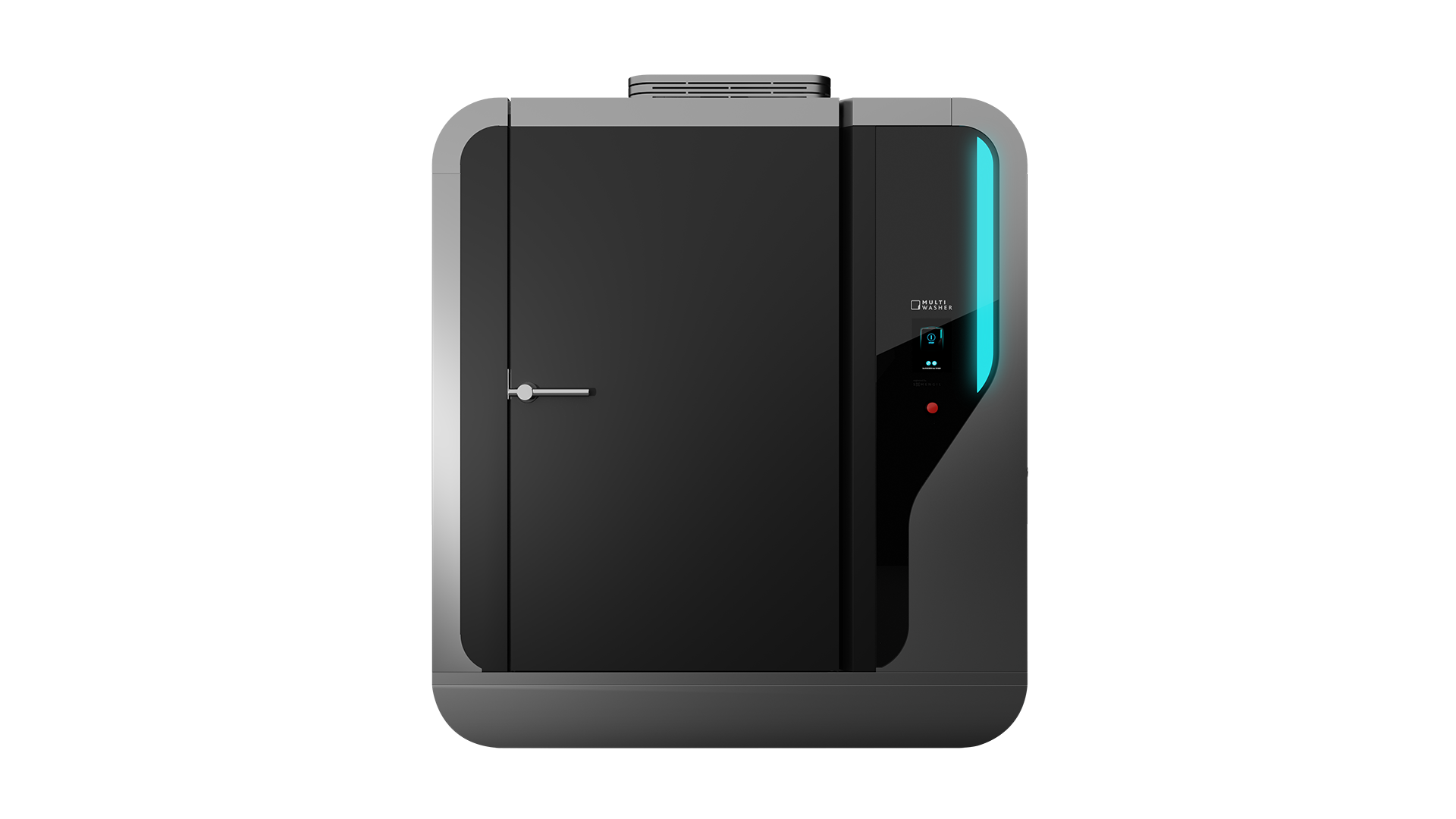
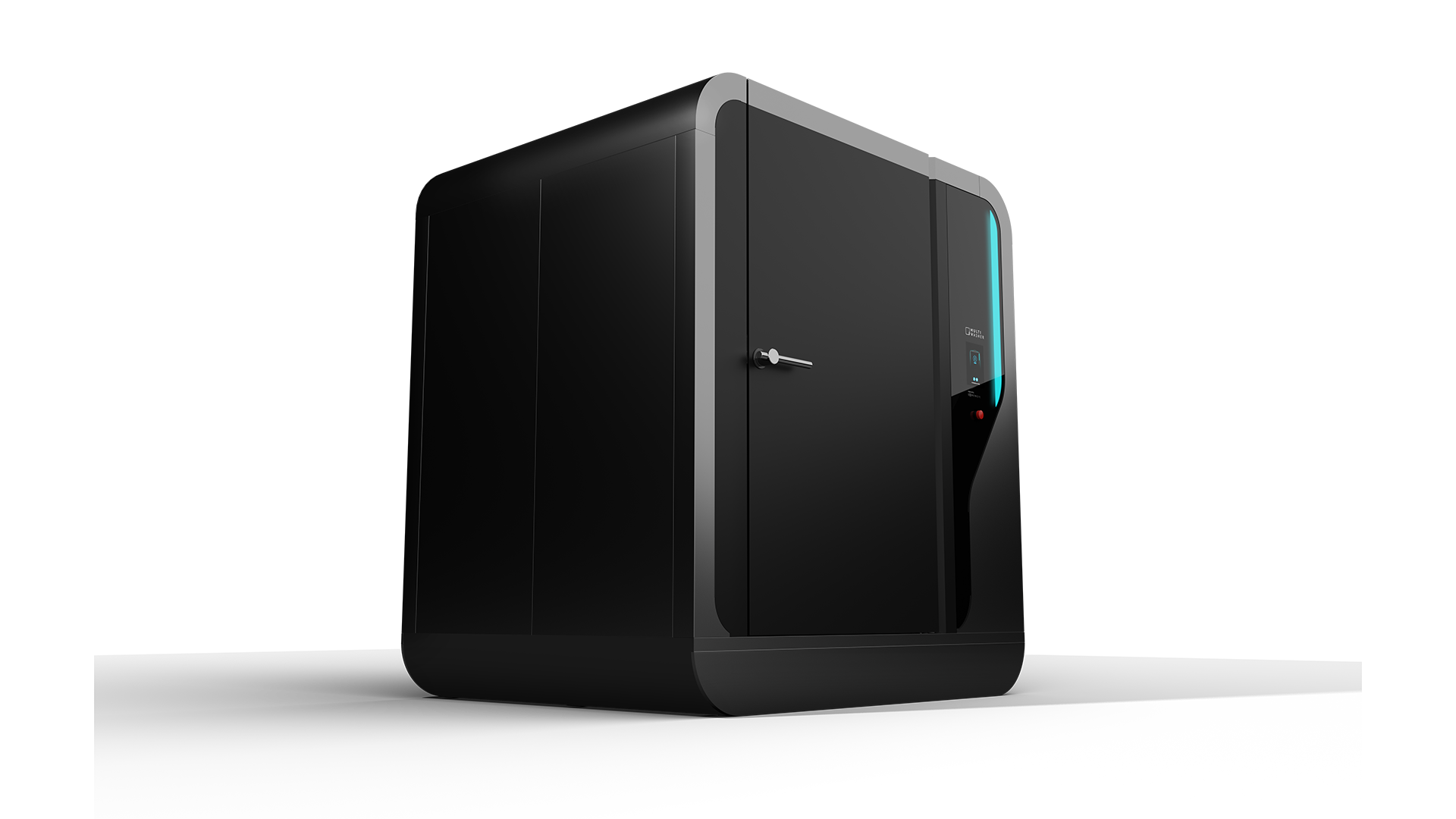
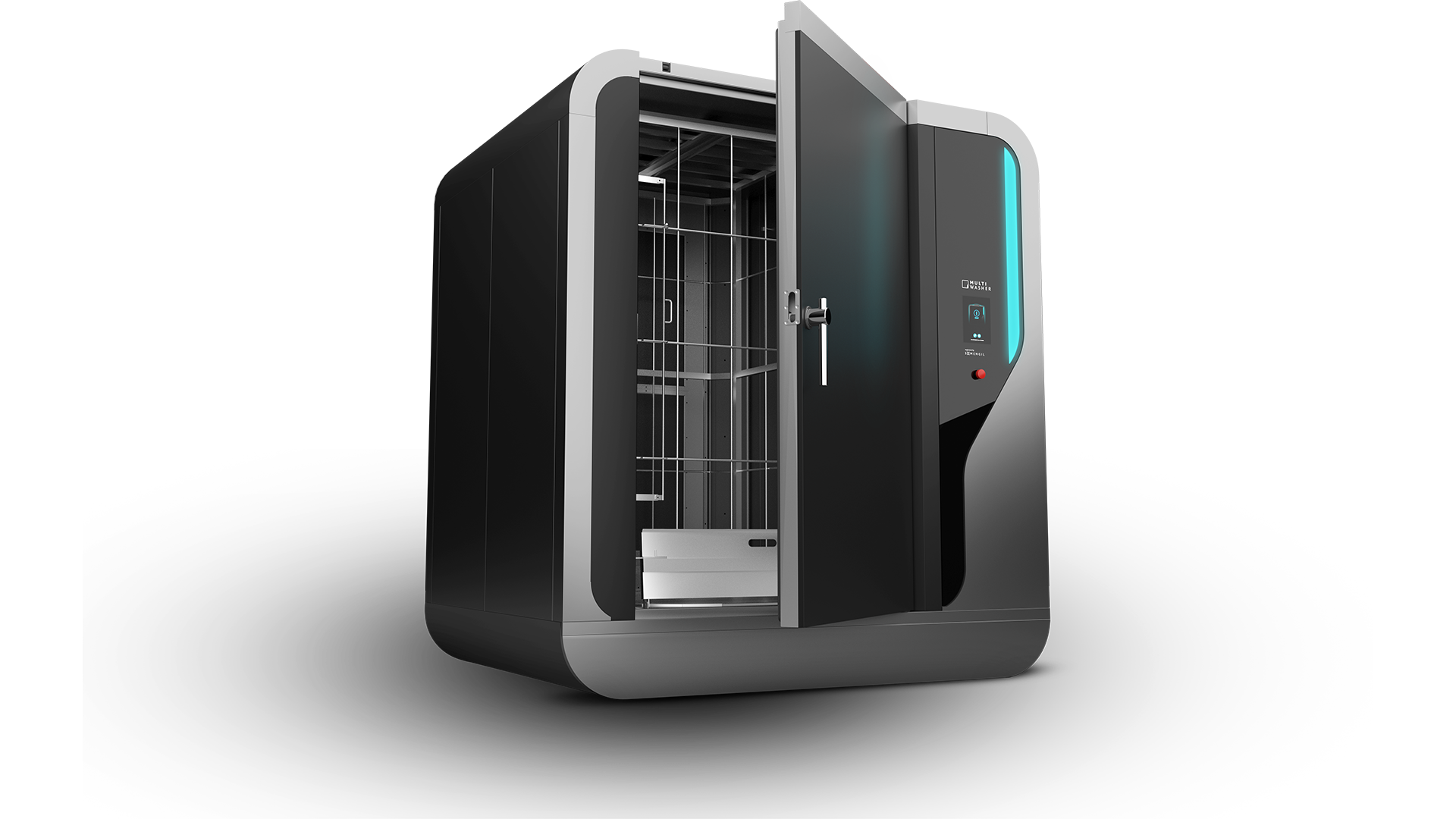
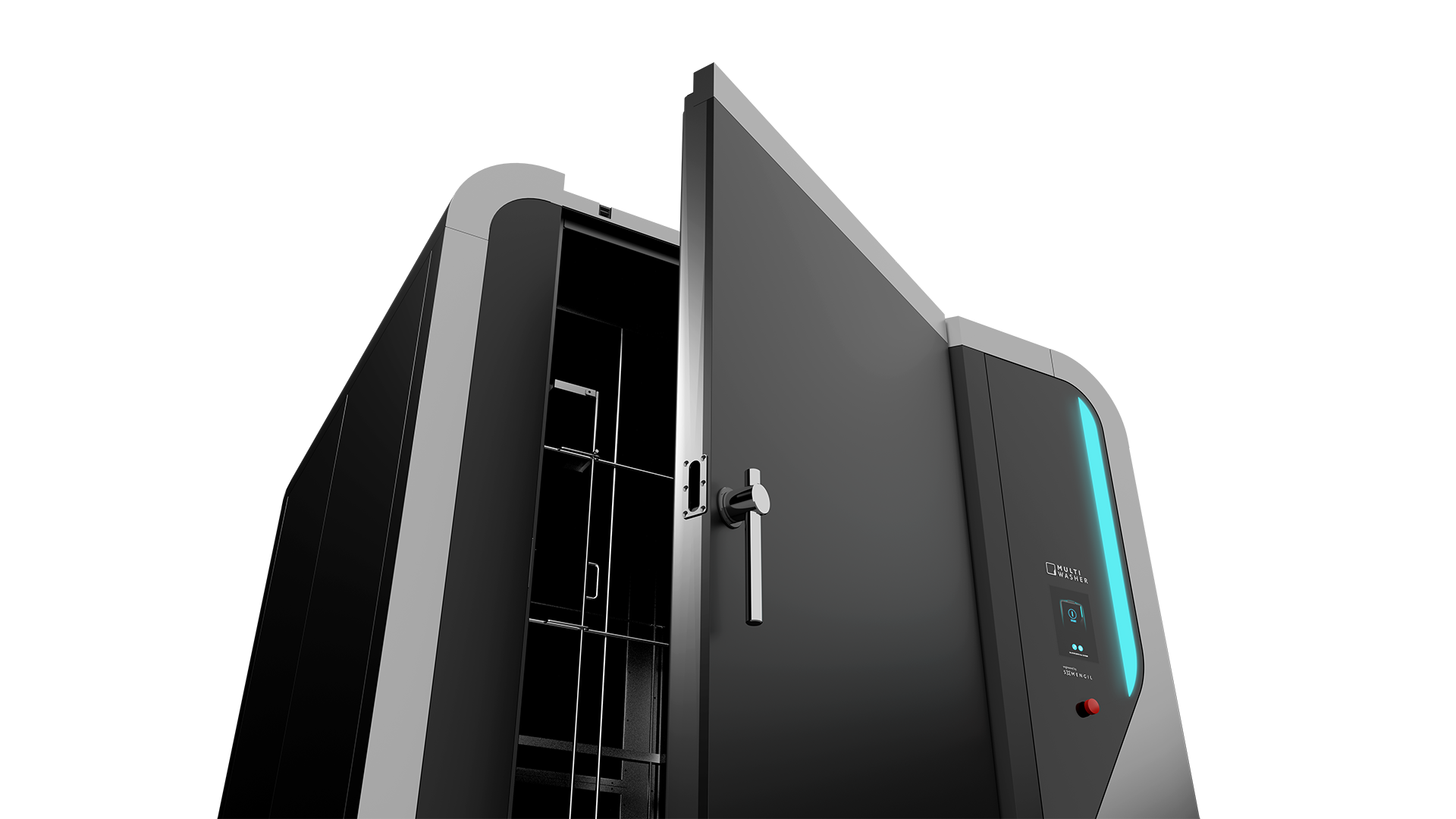
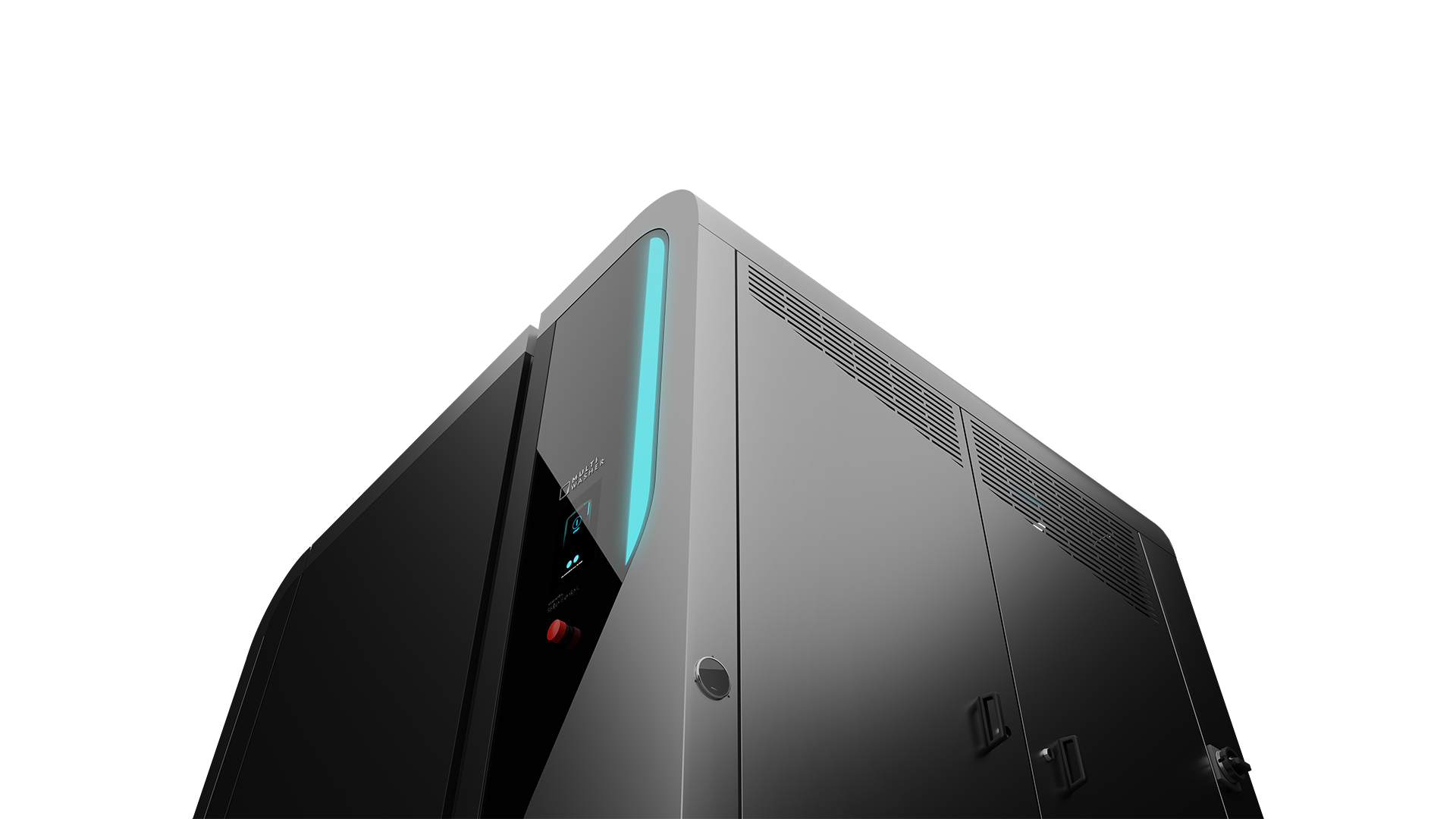
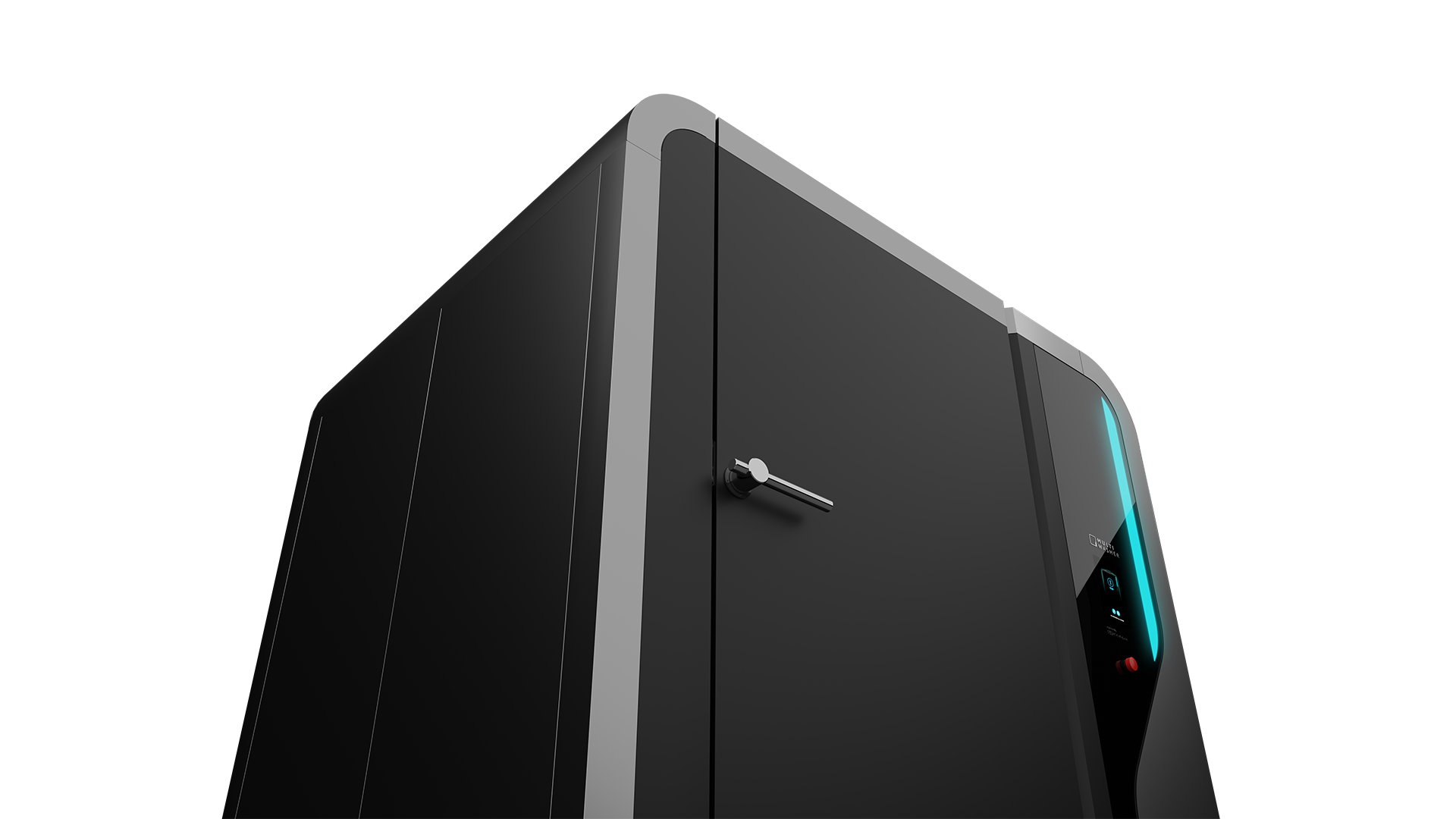
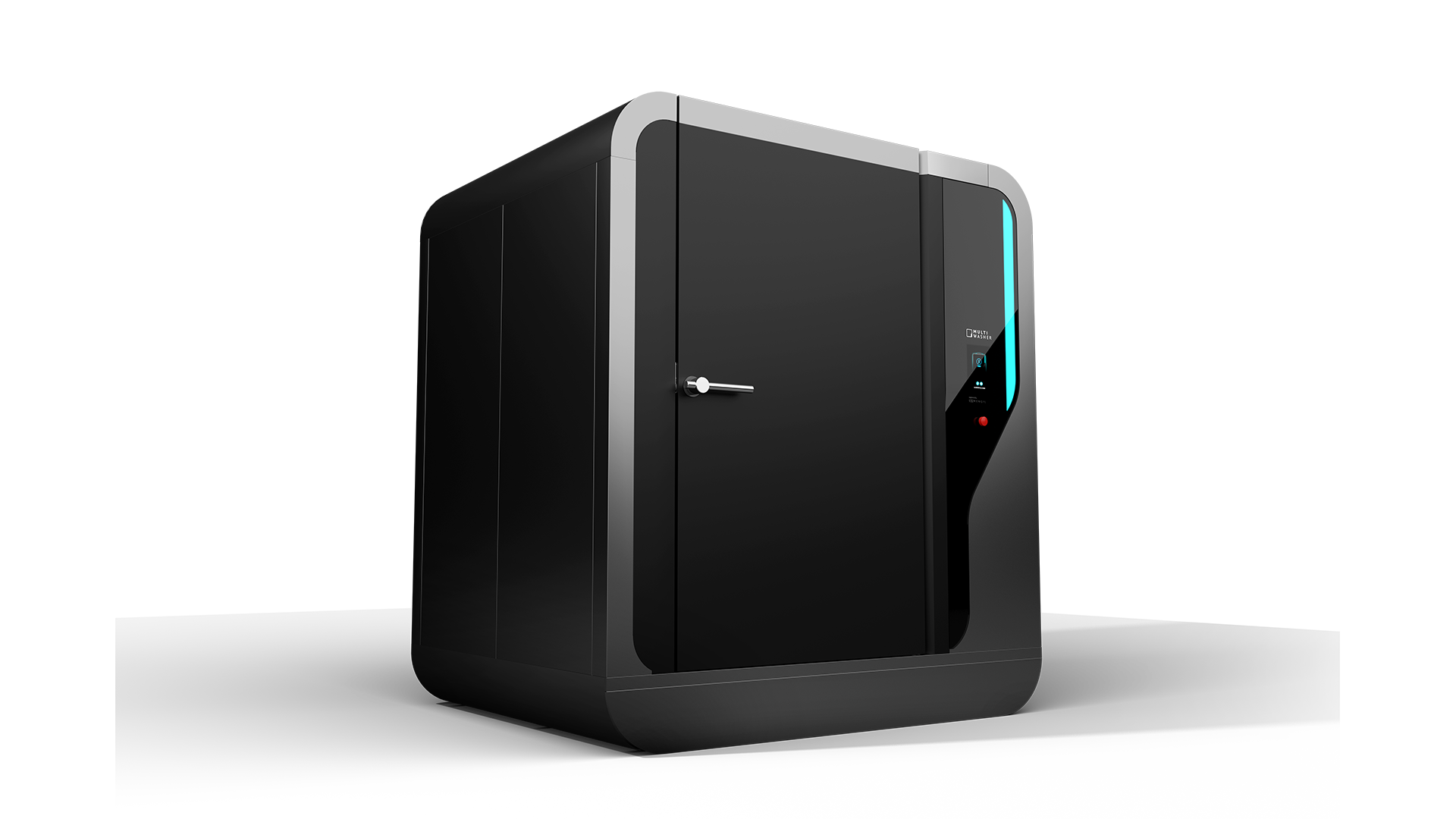
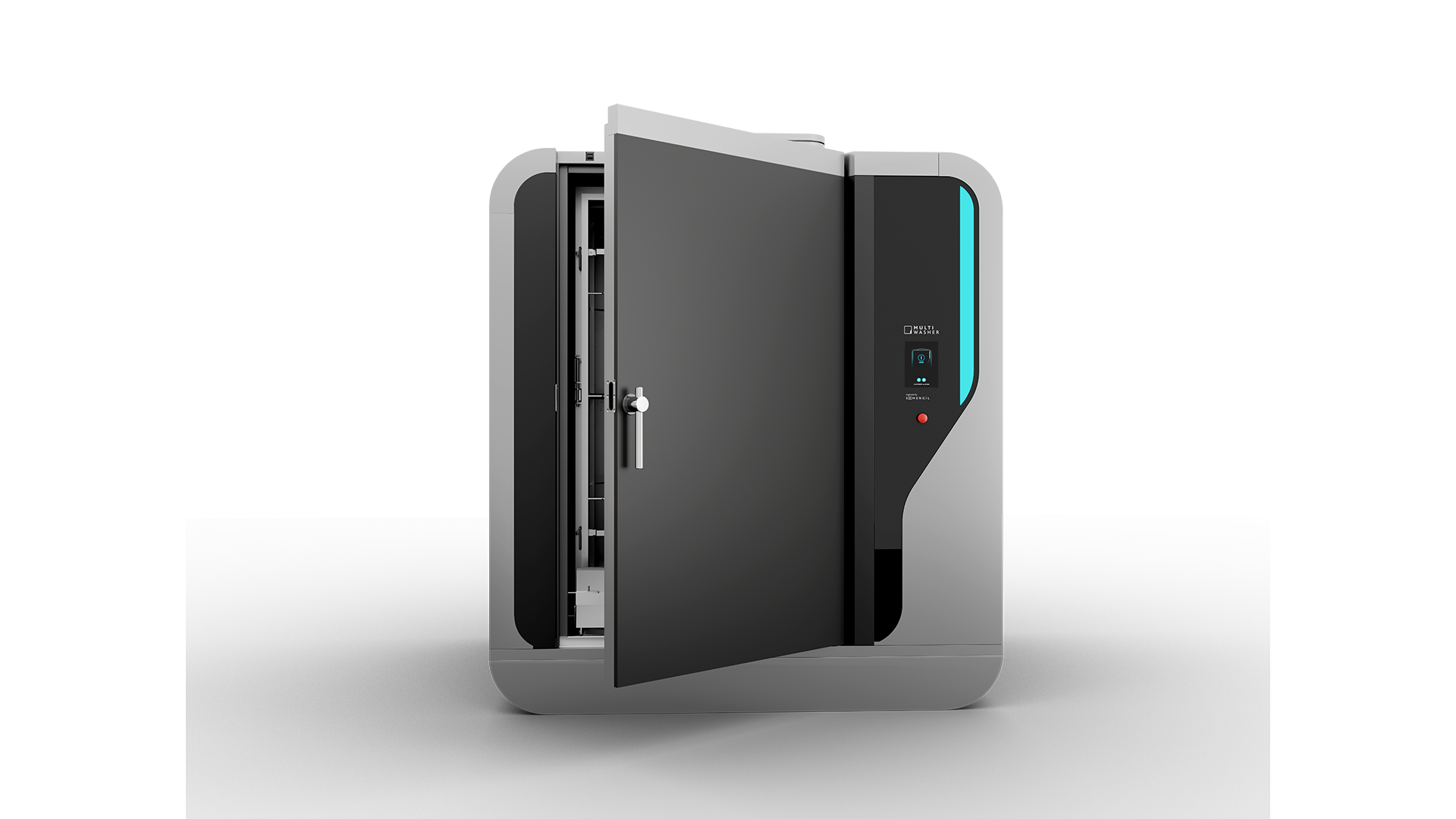
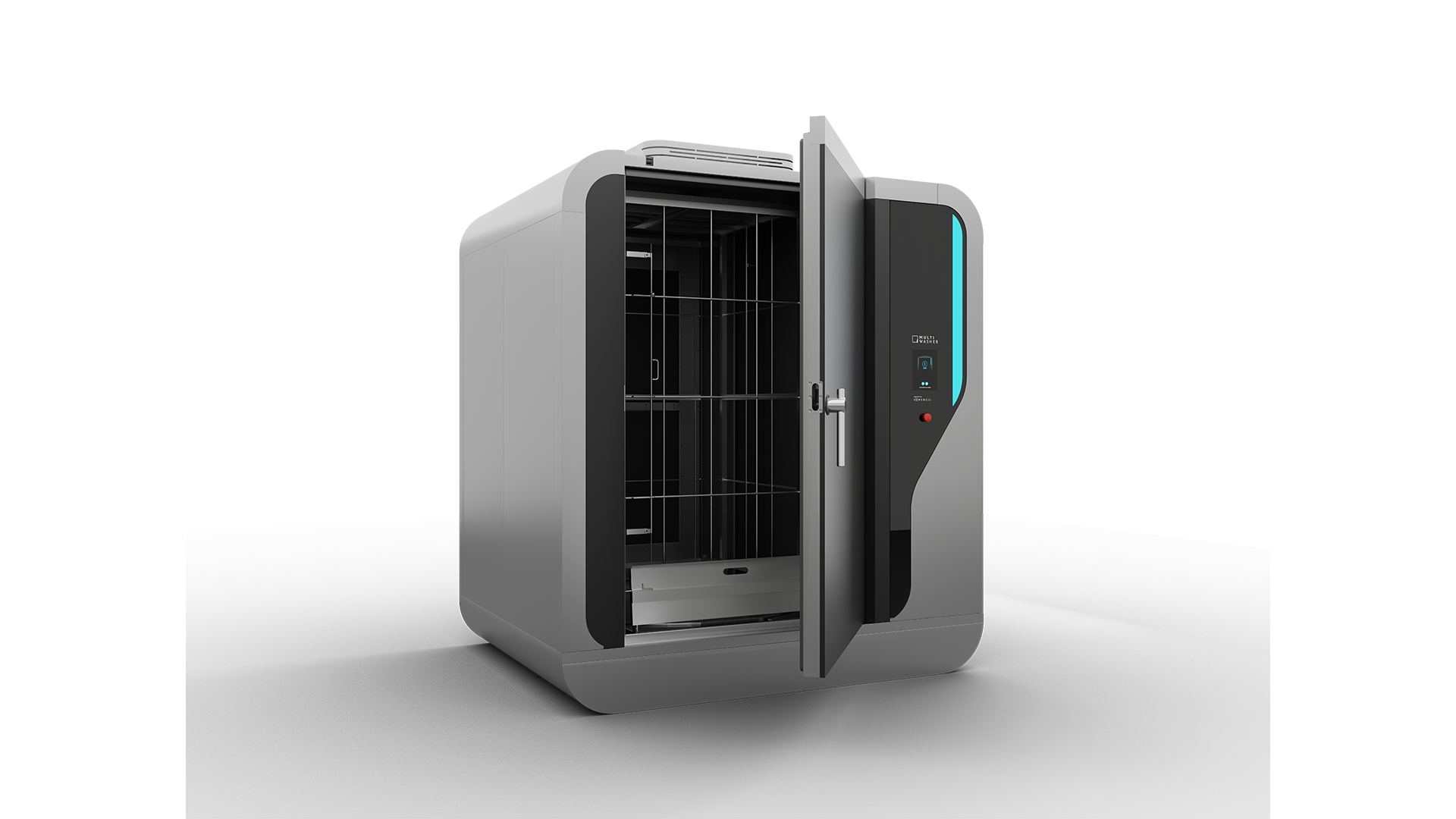
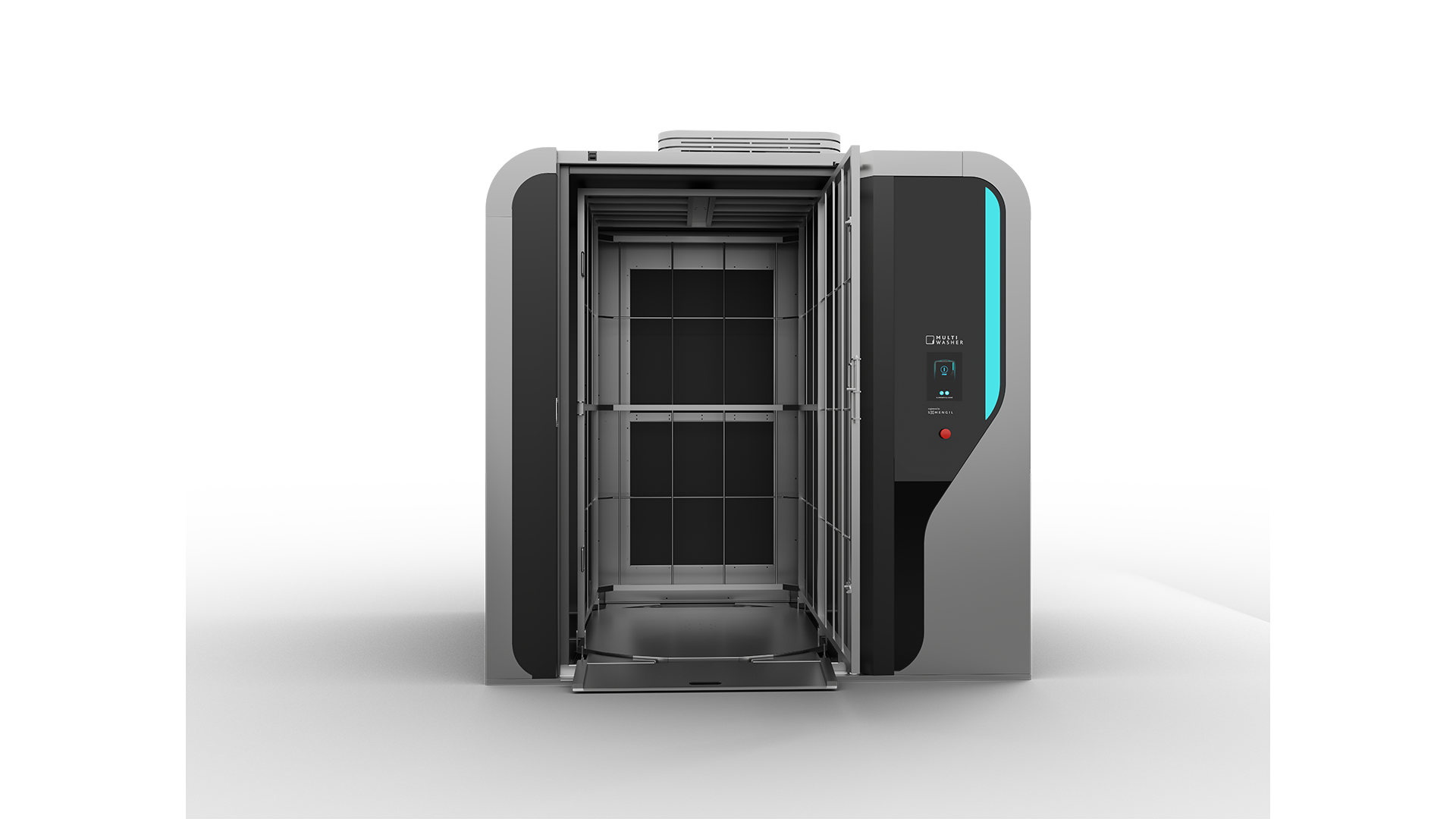
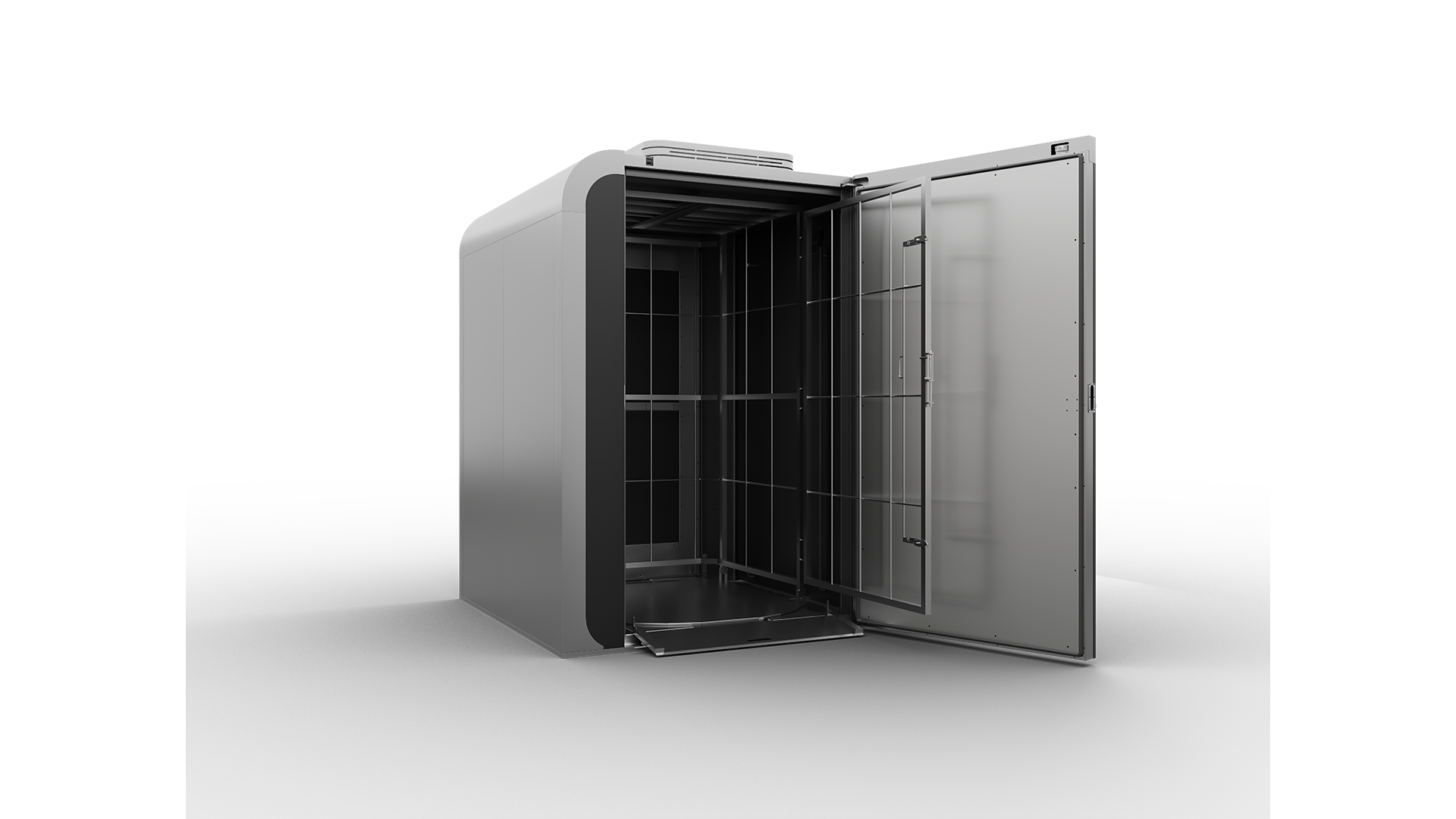

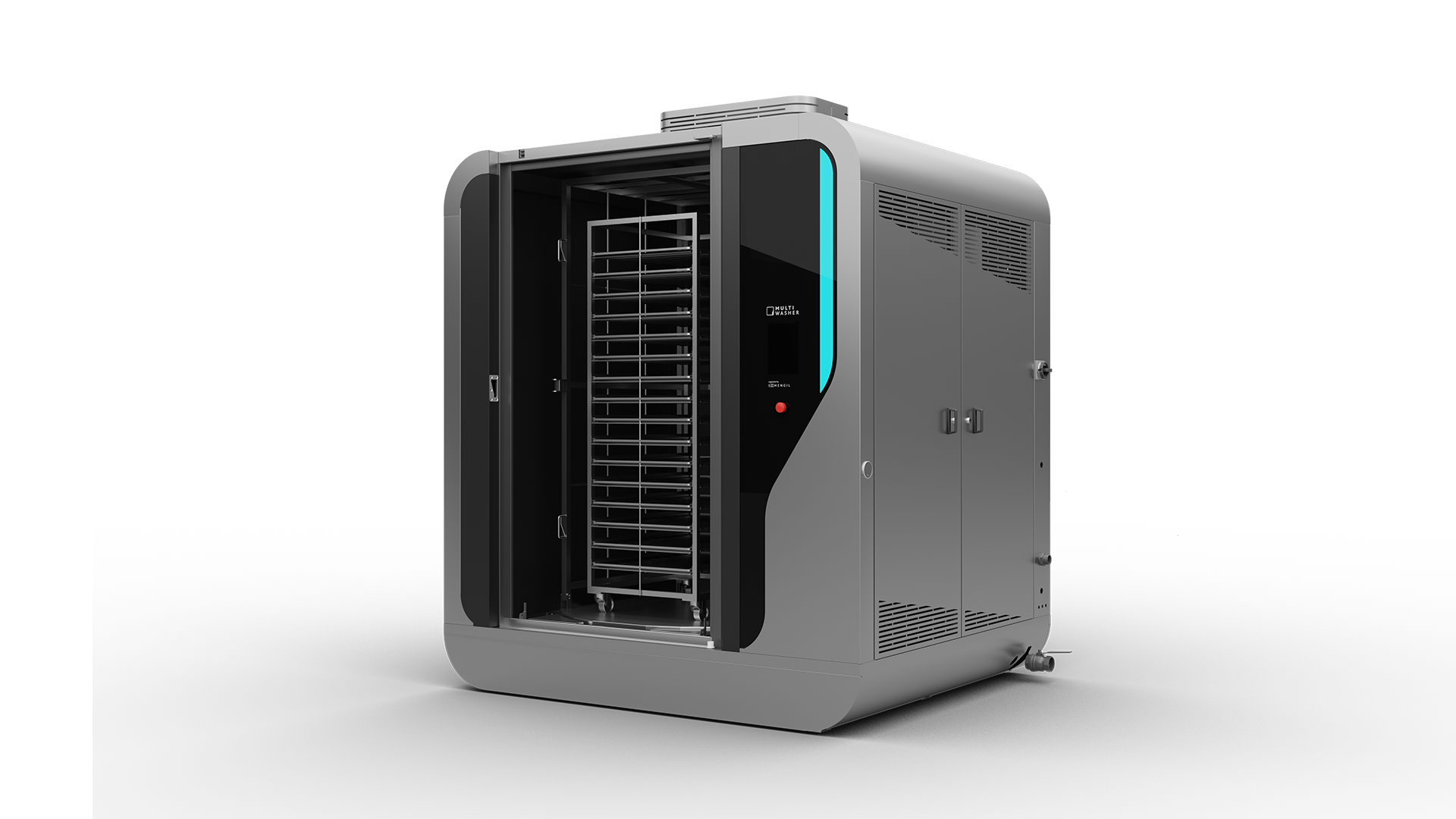
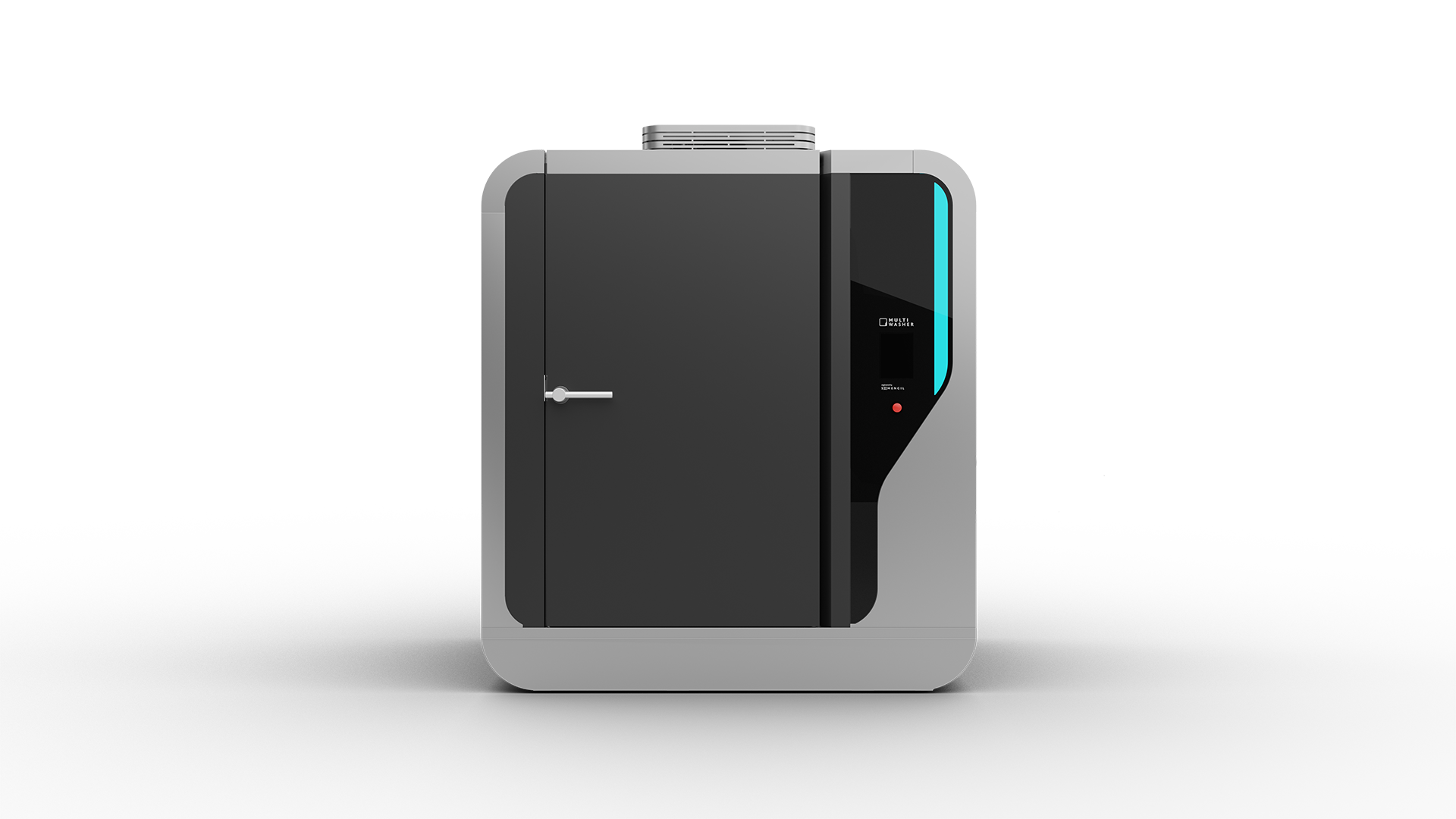


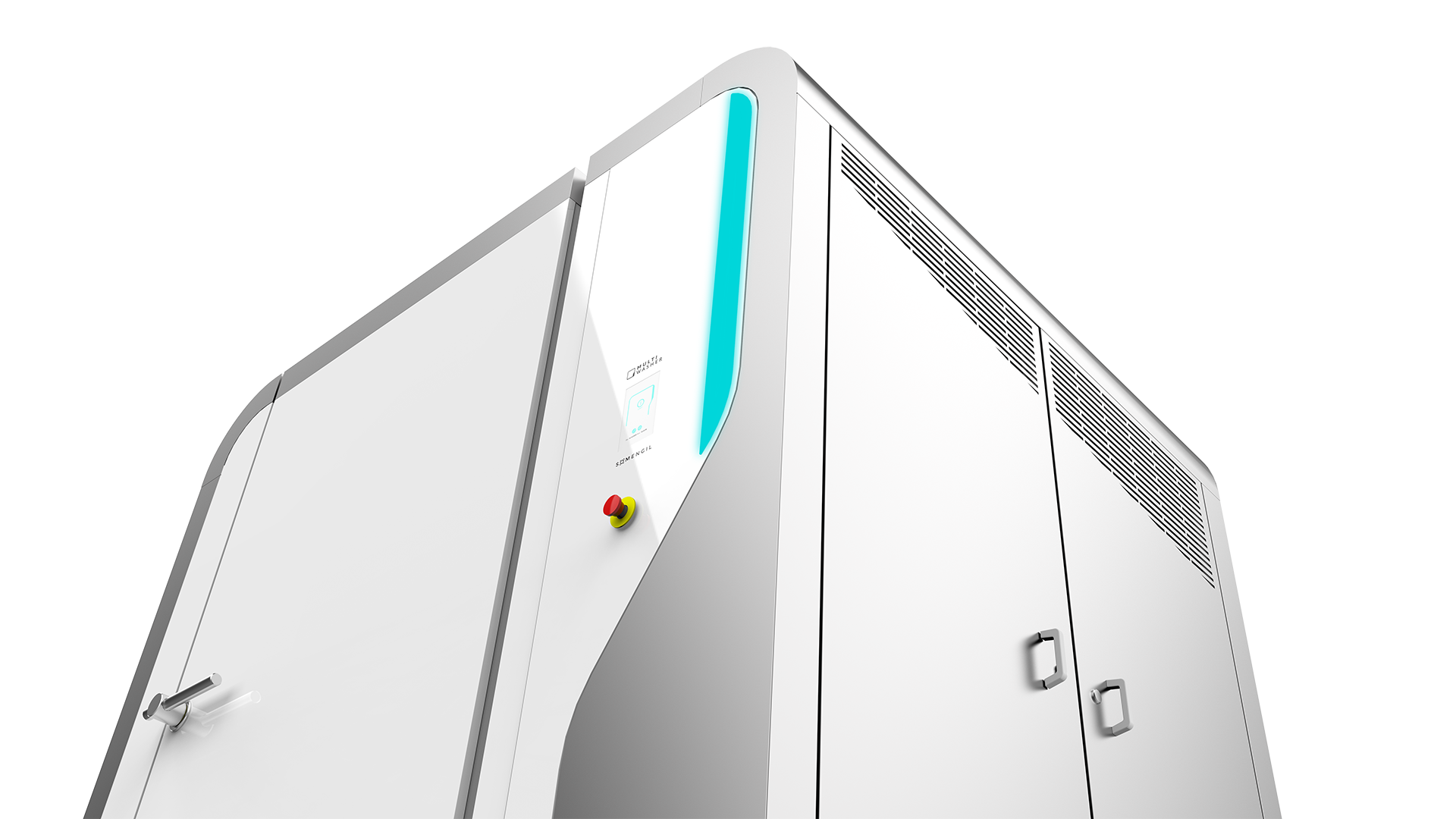
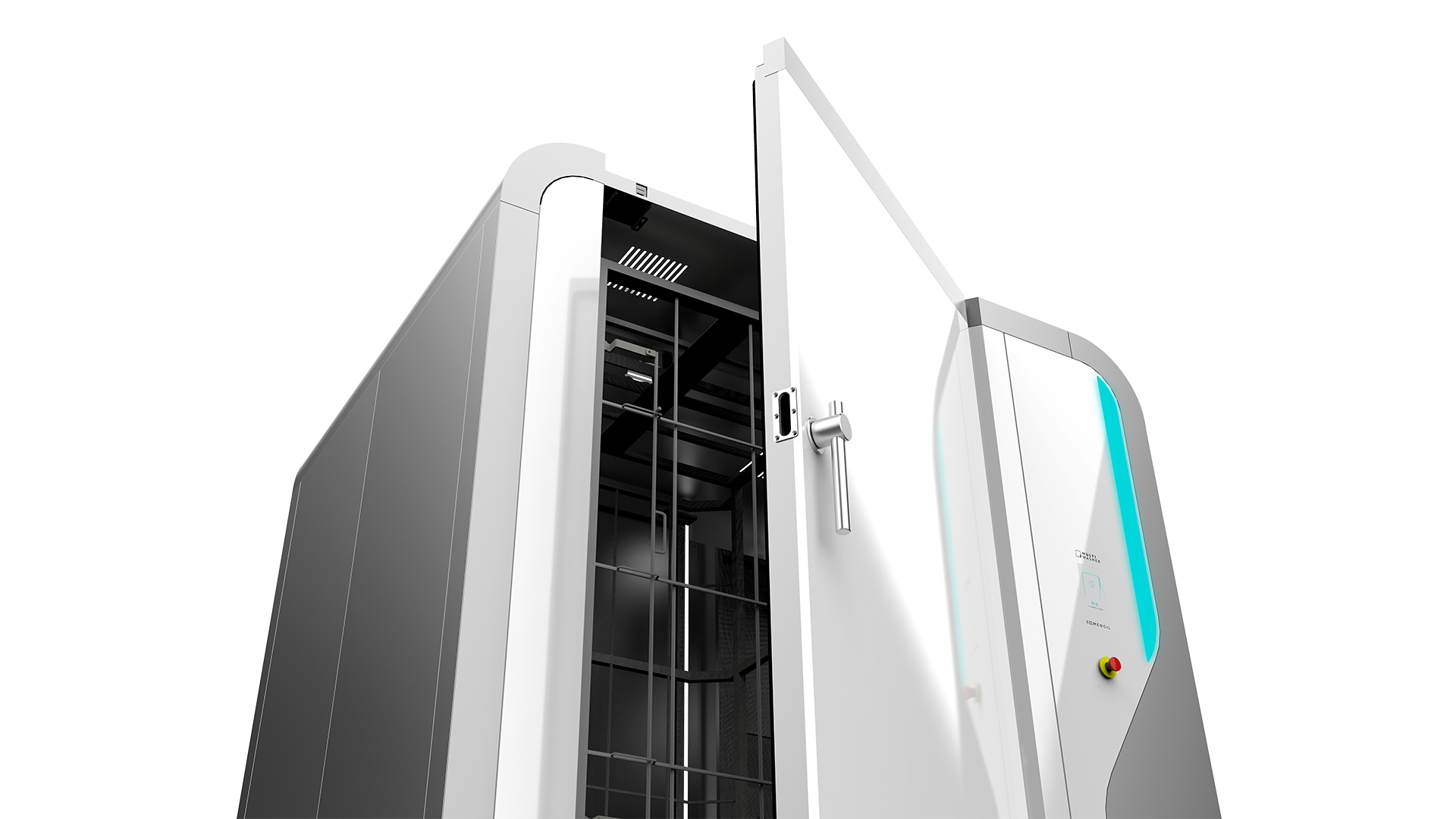
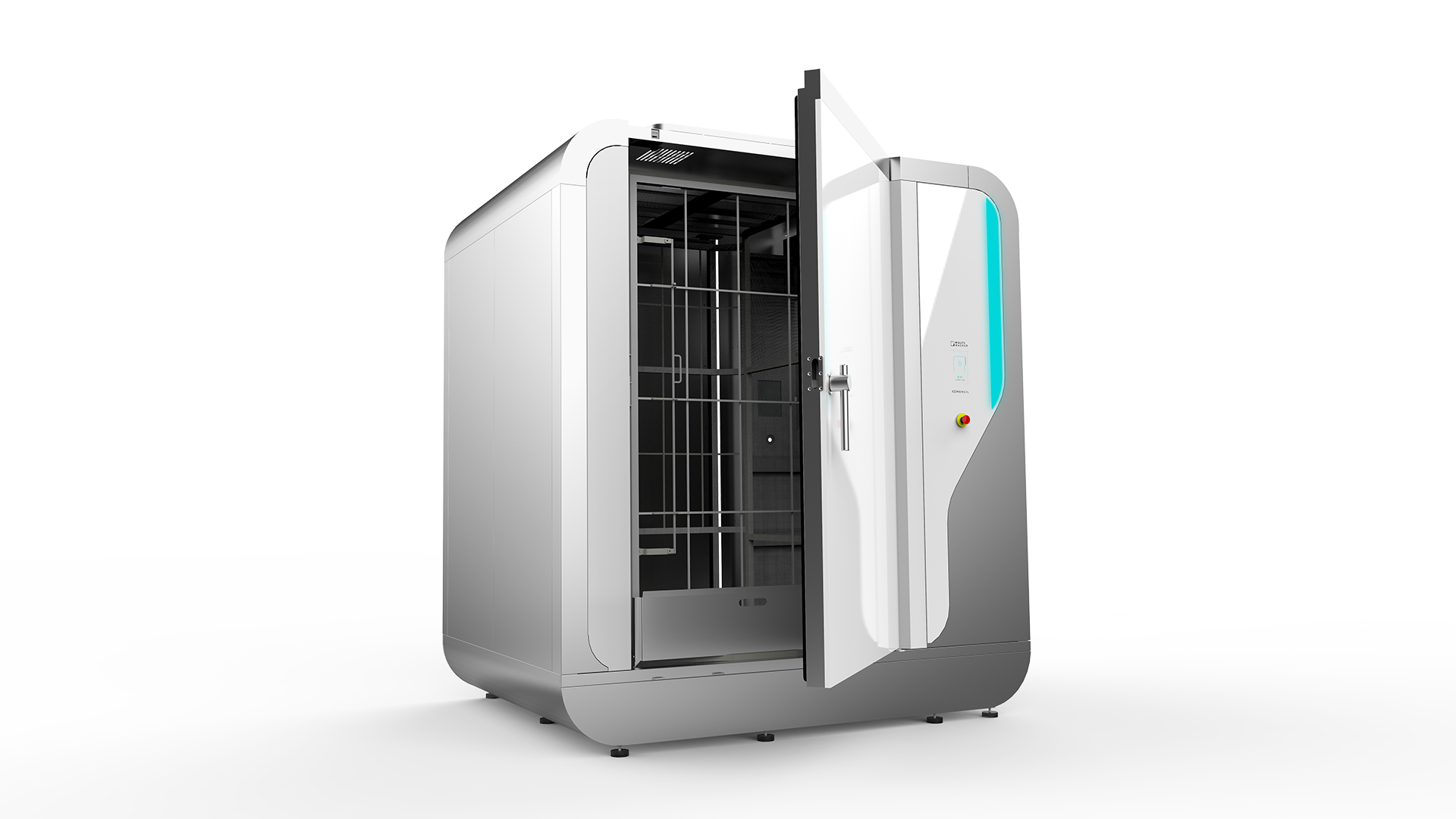
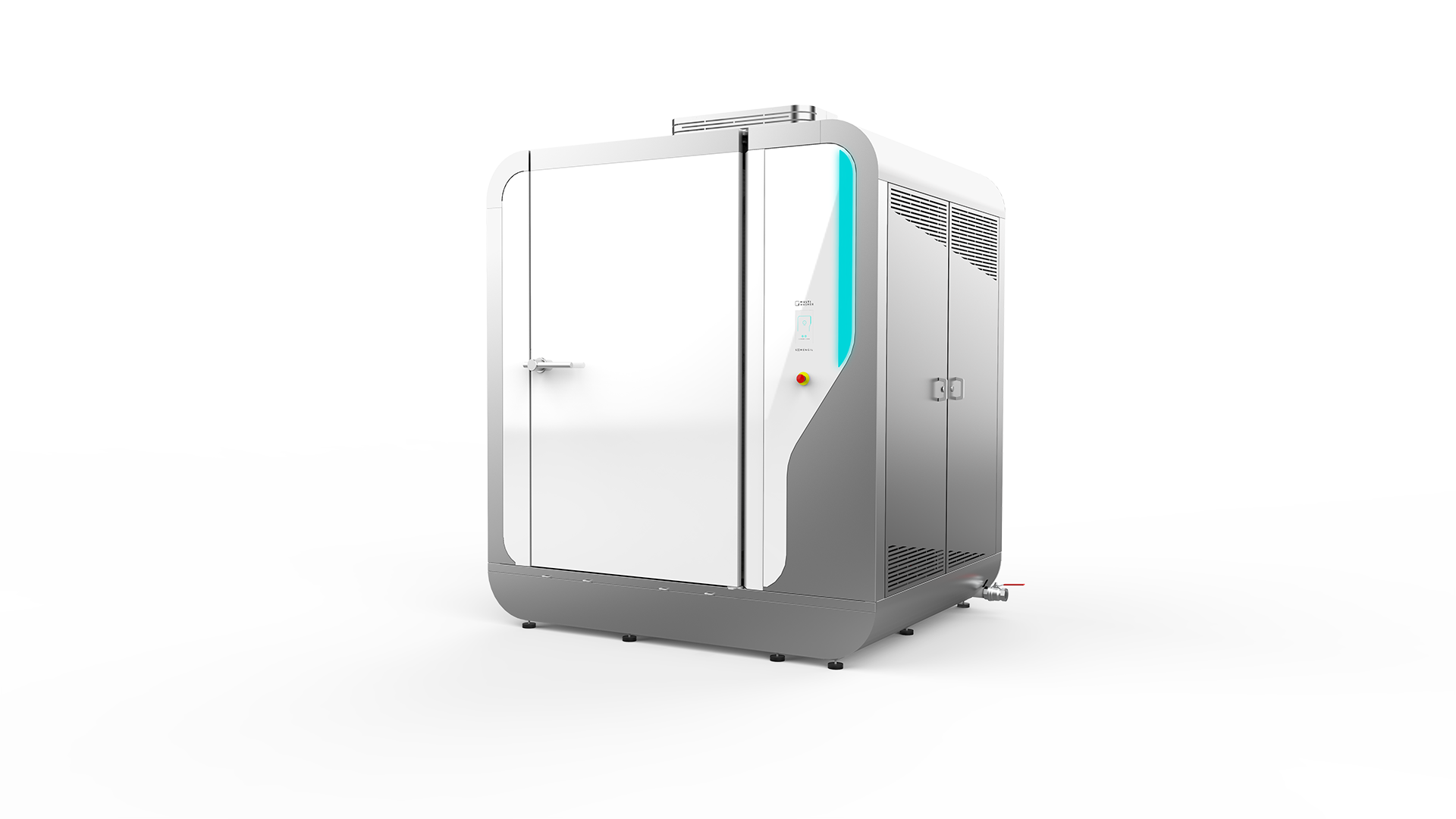
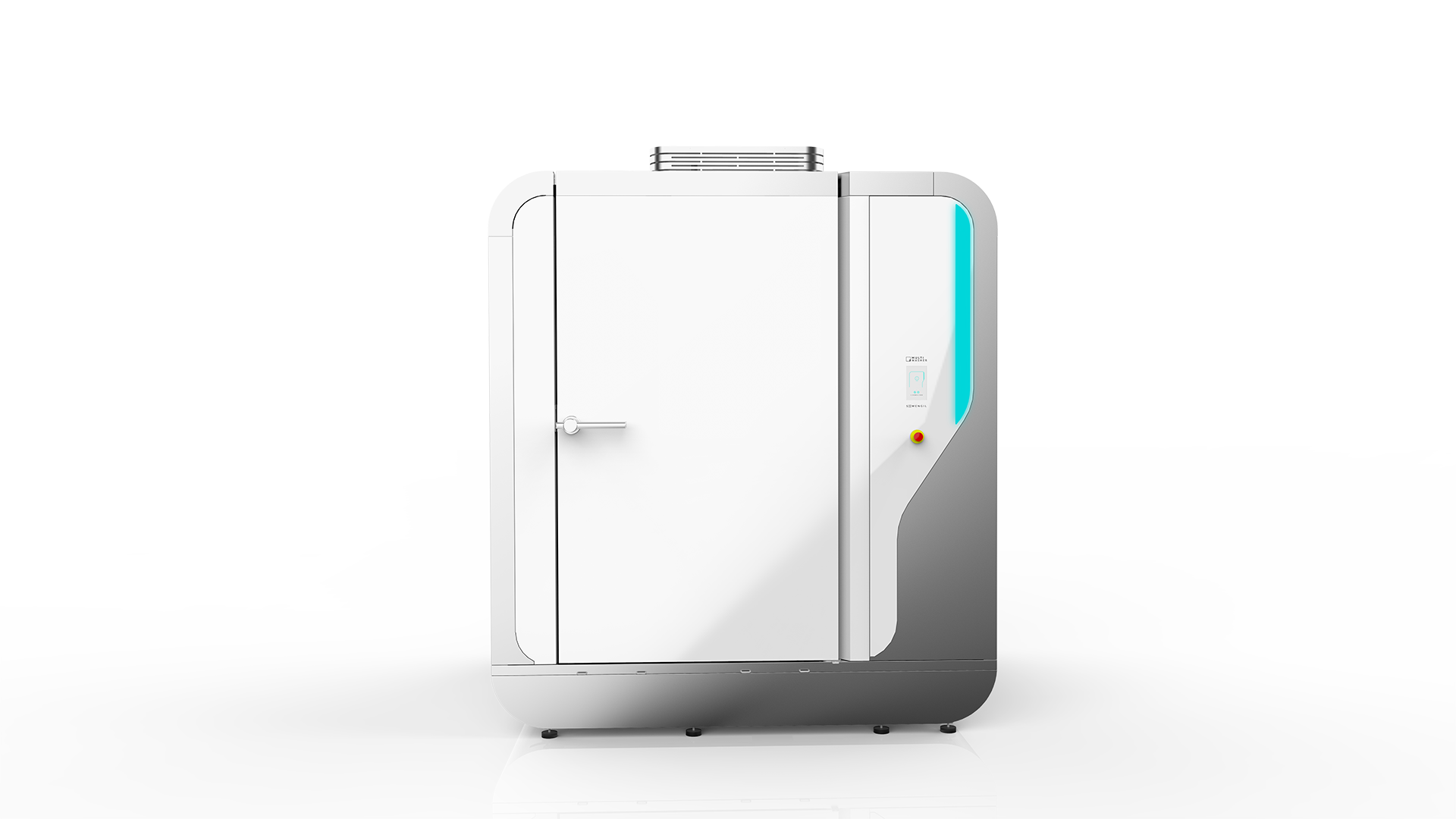
 Portugal
Portugal United Kingdom
United Kingdom United States
United States France
France Spain
Spain Germany
Germany Romania
Romania Italy
Italy Czech Republic
Czech Republic Finland
Finland Hungary
Hungary Slovakia
Slovakia Greece
Greece Lithuania
Lithuania South Korea
South Korea Russia
Russia Saudi Arabia
Saudi Arabia Poland
Poland Brasil
Brasil Hebrew
Hebrew